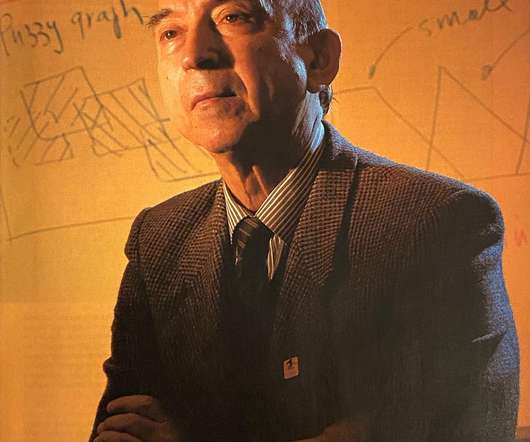Final session on international mercury convention this week expected to culminate in agreement; UNEP Global Mercury Assessment 2013 finds industrial source Hg emissions may be rising
Green Car Congress
JANUARY 13, 2013
The fifth and final session of negotiations on the establishment of an international mercury convention—International Negotiating Committee on Mercury (INC5)—is taking place this coming week in Geneva. UNEP produced its first Global Mercury Assessment in 2002 and a subsequent study in 2007.












Let's personalize your content